|
By Anna Hazard
View the Rest of the Series
Part 1 - Benefits & Drawbacks
Part 2 - Tips, Alternatives, & Helpful Programs Part 3 - Best Dogs for Seniors Part 4 - Best Cats for Seniors Part 5 - Best Birds for Seniors Part 6 - Best Rodents for Seniors Part 7 - Aquariums & Aquarium Plants Part 8 - Best Aquarium Fish for Seniors Introduction
Tips & Advice
Best Cats for Seniors
1 Comment
7/1/2020 09:04:04 am
Great Knowledge as well as great work on your page. I also bought a Pet Supplies with the help of the Barkbox Promo Code and this is the best way to buy a pet with a discount. To buy pet products and accessories, one should have good knowledge of the products available in the market. It is good to make a comprehensive research about the specific types of products available in the market nowadays to grab the best products. Even though most of the related sites nowadays provide great help for their pet sale processes, being specific about the requirements helps the customers to avoid wastage of time and any inappropriate shopping experience.
Reply
Leave a Reply. |
AboutNews updates, tips, and guides on senior care, senior health, stress relief and a host of other caregiving related topics from the professionals at Ella Stewart Care. |

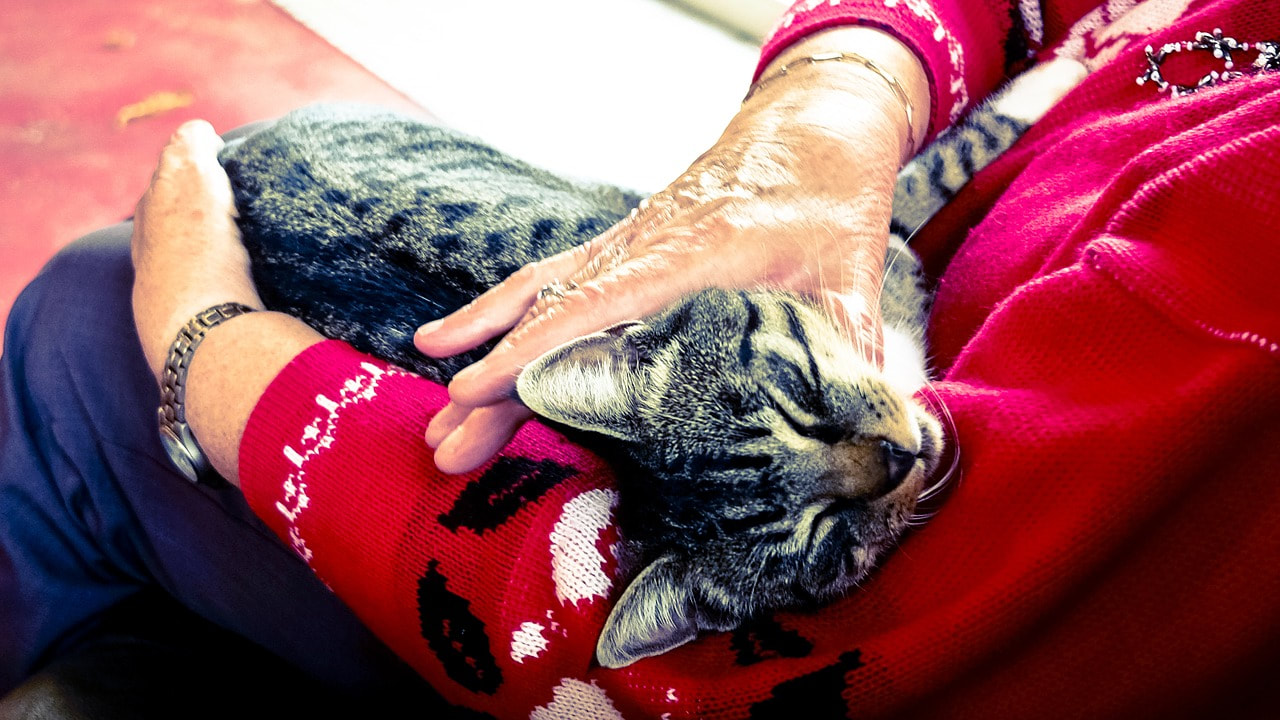
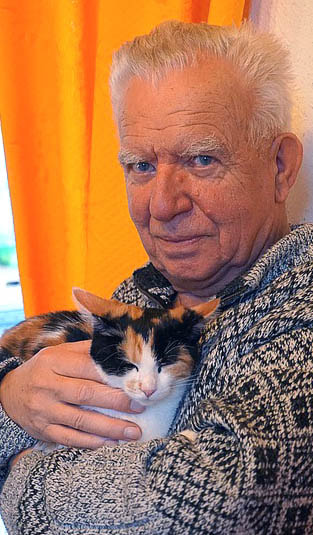
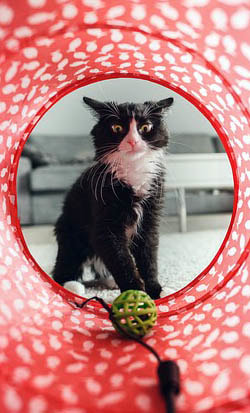
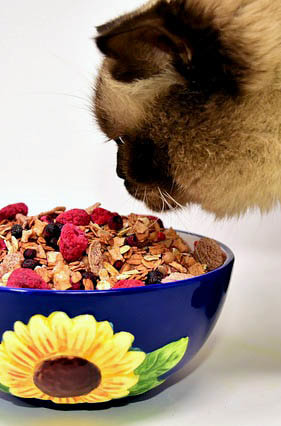
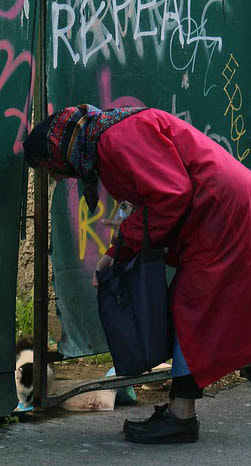
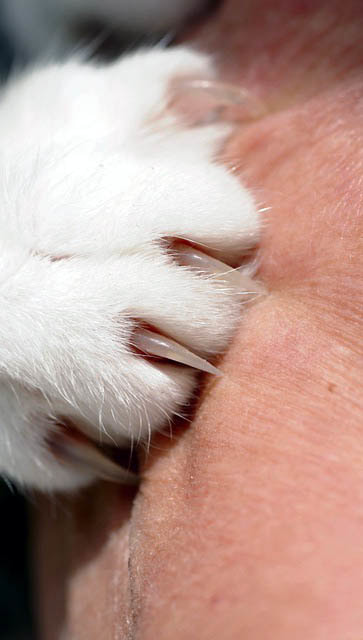
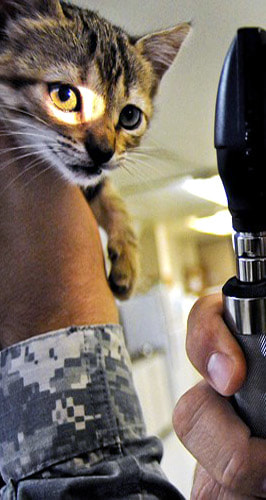
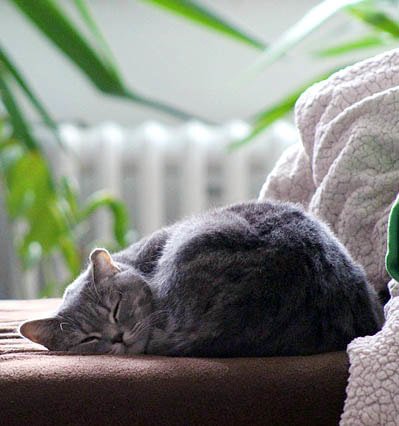
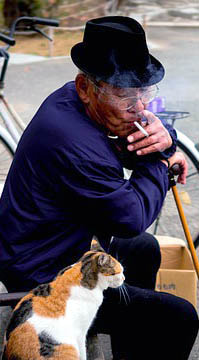
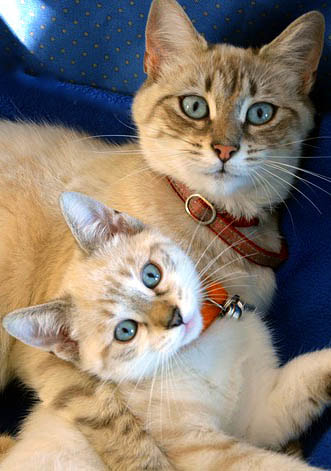
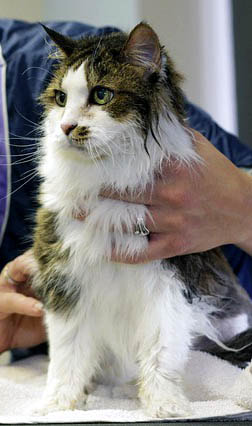
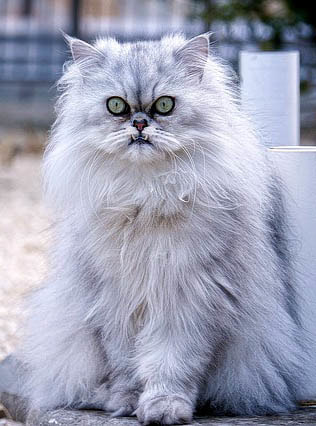
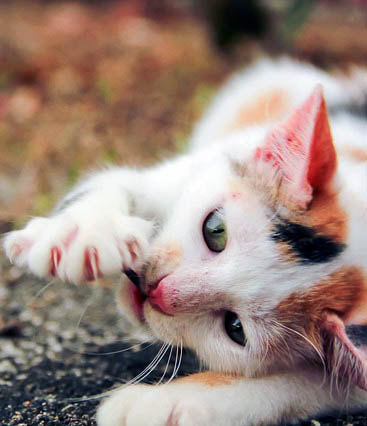
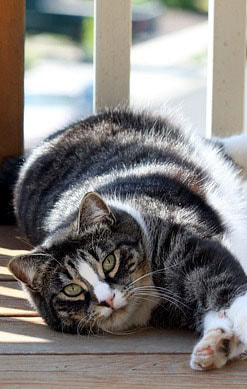
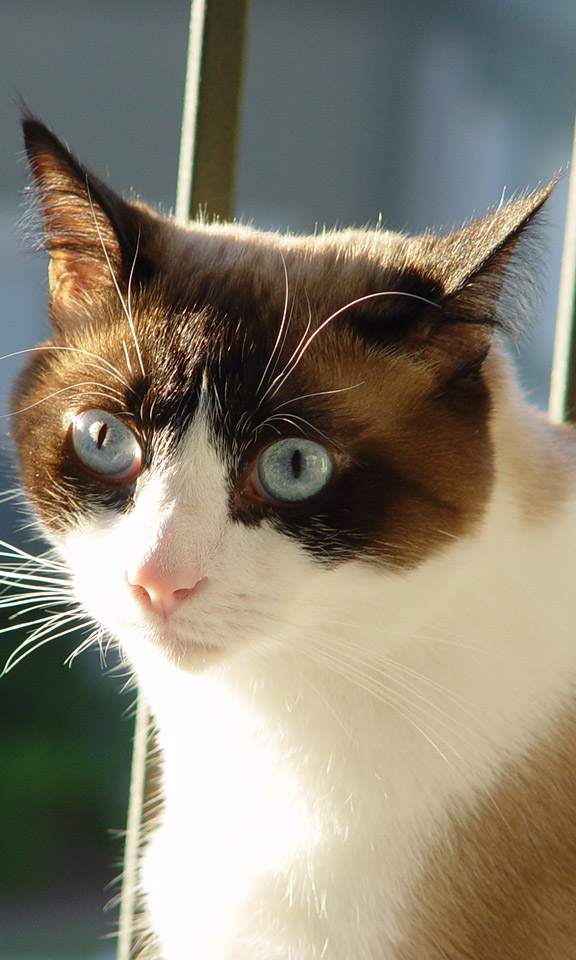
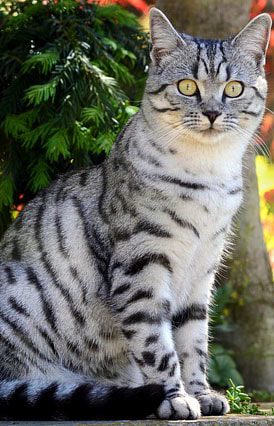
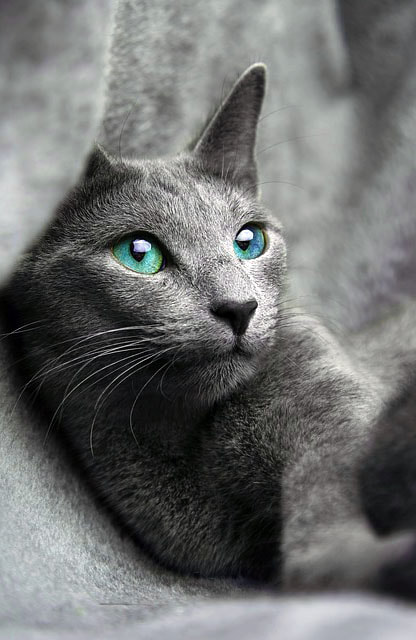
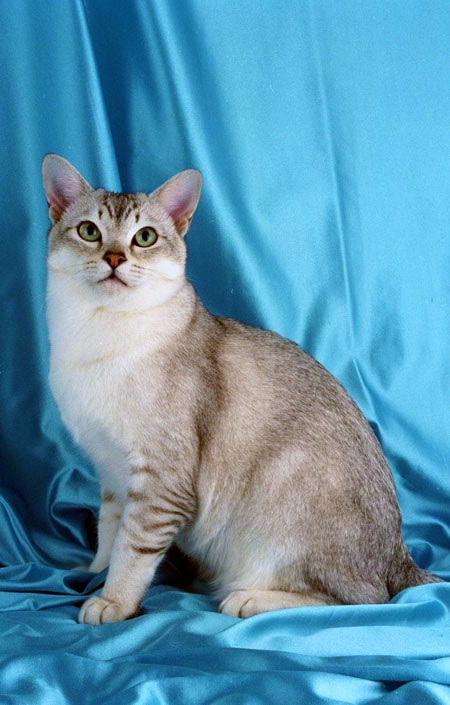
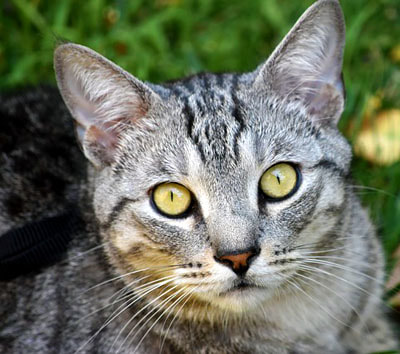
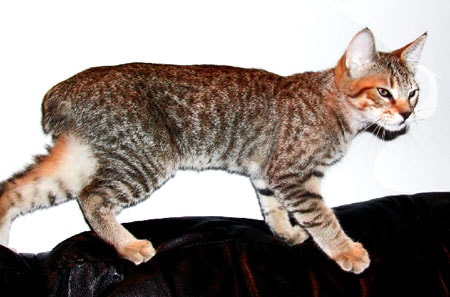

 RSS Feed
RSS Feed
